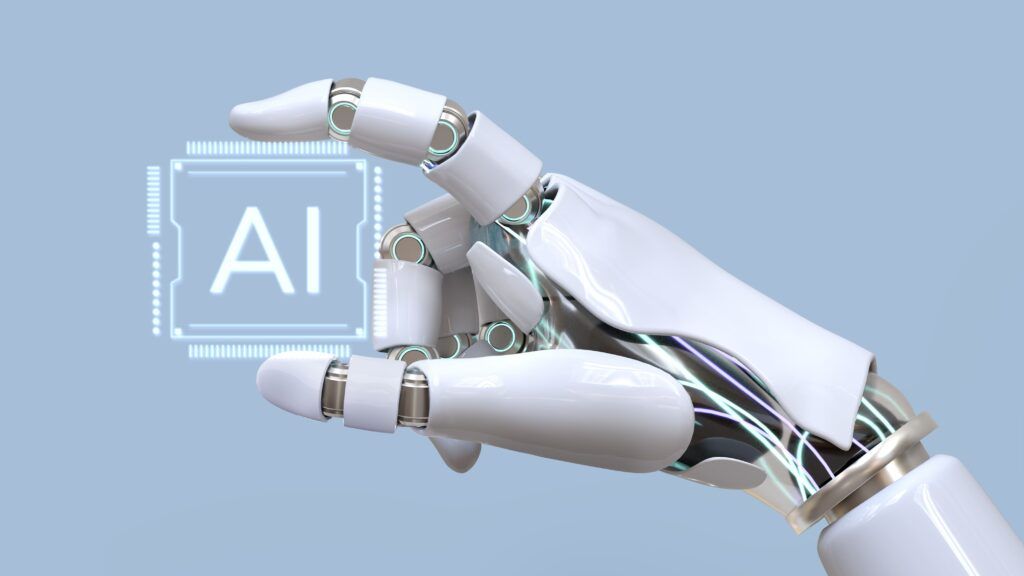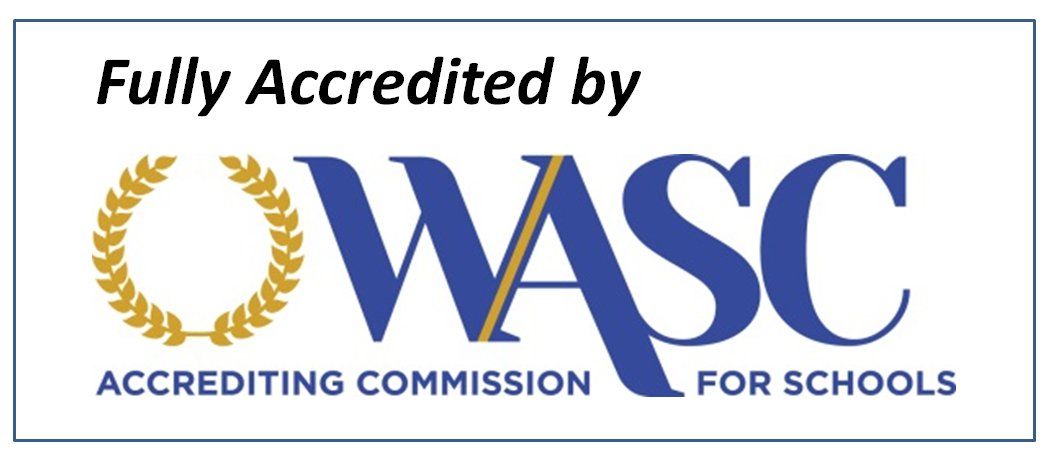Advantages of artificial intelligence in education
The advantages of artificial intelligence in education are already a reality. Applying AI resources to the classroom allows us to expand educational resources. Furthermore, the current generation of students are digital natives, which guarantees their immediate adaptation to this type of methodology.
At El Altillo International School we work to incorporate the most advanced resources in artificial intelligence into our classes, adapting its advantages to our educational methods.
How can AI be adapted to an educational environment?
Artificial intelligence (AI) is increasingly being incorporated into education, opening up a new paradigm for teaching and learning. AI is applied in educational settings in different ways.
Intelligent systems can adapt educational content according to the needs, abilities and learning paces of individual students. This is achieved by analysing the student’s patterns of behaviour and performance and adapting the content accordingly. For example, if a student is struggling with a specific topic, the system can provide additional resources to reinforce that area.
AI chatbots can interact with students, provide answers to their questions, and even guide them through complex problems. These chatbots can operate on an ongoing basis, offering support outside of school hours.
AI can help educators identify and address academic problems. Algorithms can analyse students’ performance patterns to identify early learning difficulties or areas where students are struggling the most. Teachers can use this information to adapt their lessons.
In the area of assessment, AI systems can grade assignments and tests, freeing educators from repetitive tasks and allowing them to focus on teaching. In addition, these systems can provide instant feedback, allowing students to correct errors and better understand concepts.
Finally, AI is also used to make learning environments more engaging. AI systems can generate personalised educational activities and games that keep students engaged while they learn.
AI is currently being used to personalise education, provide real-time support, identify and address academic problems, automate assessments and make learning more practical. However, despite its benefits, it is essential to ensure that the technology is implemented ethically and safely, respecting the privacy and rights of students.
The advantages of artificial intelligence in schools
The use of artificial intelligence (AI) in schools can bring several advantages for both students and teachers:
- Personalised education: AI systems can adapt to the pace and level of each student, providing personalised learning. They can identify areas of weakness and strength and adjust content accordingly, improving learning effectiveness.
- Constant accessibility and support: AI assistants can be available 24 hours a day, providing immediate responses.
- Early problem detection: AI systems can analyse student performance to identify early learning difficulties or problem areas, enabling timely interventions.
- Improving student engagement: AI can help design educational games and activities that increase student engagement and interest, making learning more engaging and fun.
- Preparing for the future: As AI is increasingly present in society, early exposure to these technologies in school can help prepare students for the careers and challenges of the future.
The detriments of AI in school
Artificial intelligence (AI) has the potential to transform the educational environment in many positive ways, but it can also present some challenges, as we discuss below:
- Algorithmic bias: AI systems learn from data, which can lead to the perpetuation of existing biases in that information. If the data used to train an AI model is biased, it is likely that the system will also exhibit biases in its results and recommendations. This can have negative implications for the educational environment.
- Lack of adequate personalisation: While AI can help personalise the learning experience for each student, there is a risk that AI systems do not fully understand the individual needs and characteristics of learners. Excessive personalisation based on data and algorithms can lose sight of the emotional, social and cultural aspects that influence the learning process.
- Data privacy and security: AI in the educational environment involves collecting large amounts of data on students, including personal and performance data, this raises legitimate concerns about data privacy and security.
- Over-reliance on technology: The adoption of AI in education can lead to over-reliance on technology, which can have negative consequences if the technology fails or if students do not develop basic critical thinking and problem-solving skills due to over-reliance on AI systems.
It is important to address these issues appropriately, to ensure that the implementation of AI in the educational environment is ethical, fair and beneficial to students.












